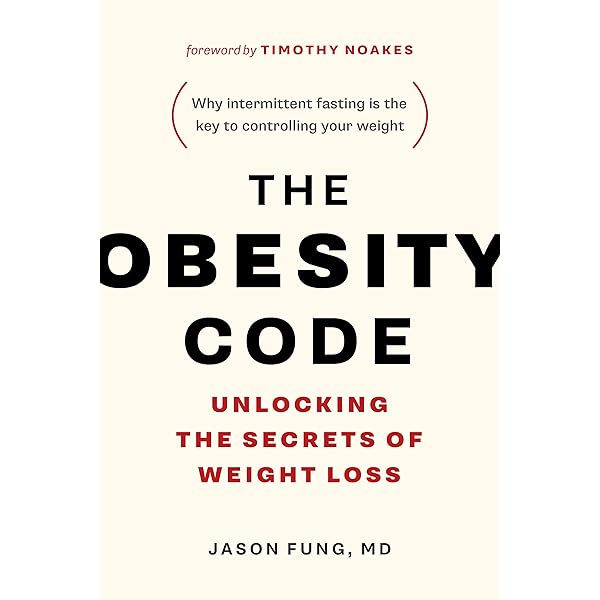In the world of diet and nutrition, the term “calorie” is widely used, but what exactly is a calorie and why does it matter?
What is a Calorie?
A calorie is a unit of measurement that represents the amount of energy stored in the food we consume. When we eat and drink, we take in calories, which our bodies then use to carry out various functions such as breathing, circulating blood, and physical activity.
From a scientific standpoint, a calorie is the amount of heat energy required to raise the temperature of one gram of water by one degree Celsius. When we talk about calories in the context of food, we are referring to kilocalories, often abbreviated as “kcal.” In everyday language, when people talk about calories in food, they are actually referring to kilocalories.
How Do Calories Affect Your Body?
The number of calories you consume and the types of foods you eat can have a significant impact on your weight and overall health. If you consume more calories than your body needs, the excess calories are stored as fat, leading to weight gain. On the other hand, if you consume fewer calories than you need, it can result in weight loss as your body uses its fat stores for energy.
It’s important to note that not all calories are created equal. The source of the calories also matters. For example, 100 calories from a sugary drink will affect your body differently than 100 calories from a serving of lean protein. The nutritional content of the food along with the calorie content plays a crucial role in how the calories impact your body.
Understanding Caloric Needs
Every individual has different caloric needs based on factors such as age, gender, weight, height, and activity level. Understanding your caloric needs can help you maintain a healthy weight and support your overall well-being.
There are various methods to calculate your daily caloric needs, including the Harris-Benedict equation and the Mifflin-St Jeor equation. These formulas take into account your basal metabolic rate (BMR) and activity level to provide an estimate of the number of calories you need to maintain your current weight.

Credit: www.amazon.com
The Role of Calories in Weight Management
For individuals looking to manage their weight, the concept of calories in versus calories out is crucial. This principle states that in order to maintain your weight, the number of calories you consume should approximately equal the number of calories you expend through basal metabolic rate and physical activity.
To lose weight, you would need to create a calorie deficit by consuming fewer calories than you burn, while for weight gain, you would need to consume more calories than you burn. However, it’s important to do this in a gradual and sustainable manner to support long-term success and overall health.

Credit: mbdietetics.com
Healthy Caloric Intake and Nutrient-Dense Foods
Focusing on consuming a variety of nutrient-dense foods can help ensure that you meet your caloric needs while also obtaining essential vitamins, minerals, and other beneficial compounds. These foods include fruits, vegetables, whole grains, lean proteins, and healthy fats.
By choosing nutrient-dense foods, you can satisfy your hunger while providing your body with the necessary nutrients for optimal functioning. In contrast, consuming predominantly empty-calorie foods high in added sugars and unhealthy fats can lead to energy imbalances and potential nutrient deficiencies.
Frequently Asked Questions Of What Is A Calorie: Unlocking The Secrets To Energy And Weight Management
What Is A Calorie And Why Is It Important?
A calorie is a unit of measurement for energy. It is important because it determines how much food energy our bodies need.
How Many Calories Should I Consume In A Day?
The number of calories you should consume depends on various factors like age, weight, height, and activity level. Consult a nutritionist for personalized advice.
Does The Type Of Food Affect The Calorie Count?
Yes, the type of food affects the calorie count. Different foods have different calorie densities, so it’s important to choose nutrient-rich options.
Can I Burn Calories By Exercising?
Yes, exercising can help burn calories. Physical activities like running, swimming, or cycling can increase calorie expenditure and support weight loss or maintenance.
Conclusion
Calories play a fundamental role in our diet and overall health. Understanding the concept of calories, their impact on weight management, and the importance of choosing nutrient-dense foods can empower individuals to make informed decisions about their dietary choices.
By being mindful of caloric intake, the nutritional content of foods, and individual caloric needs, individuals can work towards achieving and maintaining a healthy weight, supporting their overall well-being and vitality.
